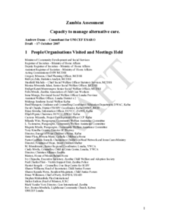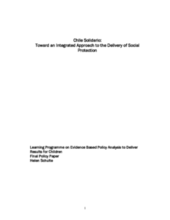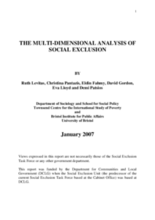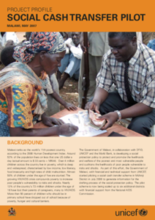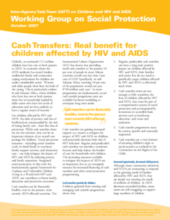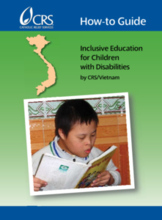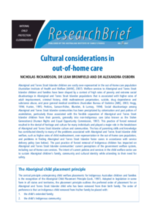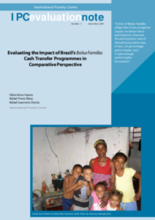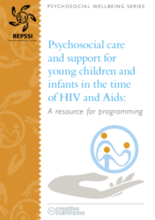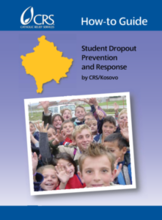Displaying 451 - 460 of 507
Country level evaluation of contributing factors to the establishment of an alternative care system.
Examination of Chile Solidario social protection programme which shows that the focus of policy makers and researchers should be on integration of cash transfers within broader social protection policies.
This project reviews existing sources on multi-dimensional disadvantage or severe forms of social exclusion characterised as ‘deep exclusion’ for the purpose of recommending possibilities for secondary analysis of existing data sets to explore the
Brief overview of a project designed to give monetary aid to poor families. Program seeks to reduce poverty while promoting health and education.
A 4-page advocacy document outlining the potential benefit of cash transfers in the context of children and AIDS.
A ‘How-to’ Guide, based on the experiences of CRS/Vietnam, that provides practical strategies and steps developing countries can take to build inclusive education programmes for children with disabilities.
The aims of this paper are to: summarise what we know from Australian research about cultural considerations for children and young people in care; assess the quality of the evidence base; and identify future research needs.
Evaluates targeting and human capital impacts of Brazil's Bolsa Familia Program in comparison with Mexico's Oportunidades, and Chile's Chile Solidario.
Clear programme guidance on psychosocial support, with a special focus on infants and young children. Excellent explanation of psychosocial support models.
This Guide provides a number of practical strategies, tips and activities for working with stakeholders to prevent student dropout. Based on the work of CRS/Kosovo, this information is useful for other organizations and government bodies working on student dropout prevention and response within the region.

